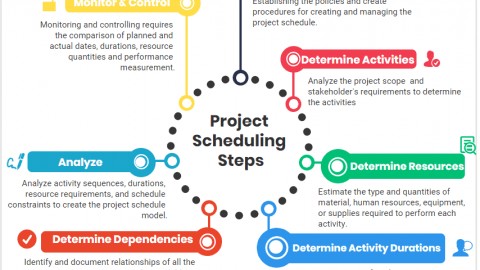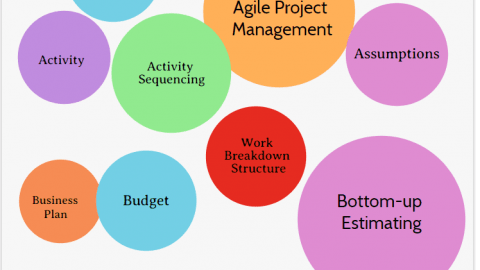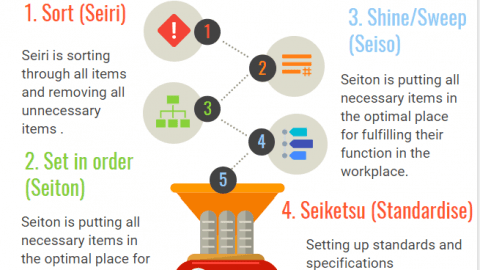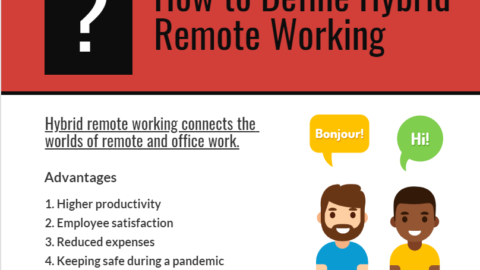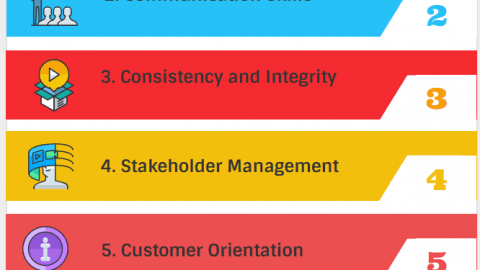What Happens to the Project Manager in an Agile World
The Agile methodology has revolutionized the way in which software development projects are managed. One of the most popular frameworks within the Agile world is Scrum, and it may come as a surprise to learn that this framework does not have a dedicated Project Manager role. So, the big question is – what happens to the Project Manager in an Agile world? And also what is agile in project management world?
Table of Contents
The Role of Project Manager in Agile
To understand this, it is important to note that the need to manage projects does not disappear in an Agile environment. In fact, the Agile methodology places a strong emphasis on continuous improvement and flexibility. And this requires a high level of Project Management. However, the roles and responsibilities within an Agile project are distributed differently than in a traditional Project Management setting.
In traditional Project Management, the Project Manager is responsible for planning, executing, monitoring, and closing the project. However, in Scrum, these responsibilities are distributed among different roles within the Scrum framework. The Product Owner, Developers, and Scrum Master all take on responsibilities that would traditionally fall under the Project Manager.
Product Owner in Agile
So, the Product Owner is responsible for representing the stakeholders and ensuring that the project aligns with their needs and goals. The Product Owner is accountable for the return on investment (ROI) and managing the stakeholders’ satisfaction. They are the one who prioritizes the backlog and makes sure that the team is work from the most important items. Additionally, they are the one who makes sure that the final product meets the stakeholders’ expectations and that it’s ready to be shipped.
On the other hand, the Developers are responsible for delivering the product, piece by piece. They are the ones who turn the product backlog into a tangible product. They are responsible for the technical aspects of the project and responsible for managing their own activities on a daily basis to ensure that the project is moving forward.
Finally, the Scrum Master is responsible for facilitating the Scrum process rather than a project manager in agile. They act as a coach, mentor, process guru and facilitator for the team. They are responsible for removing any obstacles that the team might encounter and helping the team to stay on track. And they also make sure that the team is following the Scrum framework and that they are adhering to the values and principles of Agile.

Confident business people meeting planning start up, talking, discussing ideas, brainstorming. Scrum master using sticky notes standing near planning board in modern office. Agile methodology, scrum concept
Advice for Project Managers
This distribution of tasks means that the Project Management skill set is still in high demand. But is now distributed across the three roles. A useful analogy is that of an all-rounder in sports who has developed a wide range of skills. And is therefore able to play in multiple positions. Just like an all-rounder in cricket or hurling, a Project Manager moving into an Agile environment, they can play different positions and utilize different skills. They may act as a Product Owner on one project, a Scrum Master the next. And for technical Project Managers they may even work as one of the Developers on the next project. They need to be able to understand the different roles and responsibilities that come with each position and how they can best support the team.
The Agile world has shifted from the traditional command-and-control style of management to a more collaborative and servant leadership approach. The Project Manager must be able to work closely with the Product Owner, Developers, and Scrum Master, and to understand the responsibilities of each role. They must also be able to adapt to the iterative and incremental nature of Agile development, and to embrace the uncertainty and change that comes with it. One key skill that is particularly valuable in an Agile environment is servant leadership.
This approach focuses on putting the needs of the team and the project ahead of one’s own, and on creating an environment in which the team can thrive. A servant leader in an Agile project will work to empower the team members, remove any barriers to their progress, and help them to achieve their goals. They will also be able to create an environment that is conducive to creativity and innovation.
So What Advice Can We Offer a Project Manager Moving into an Agile Environment?
It is important to augment their existing traditional Project Management skills with a strong understanding of Agile principles and practices. And the knowledge of how to apply them. This includes understanding the Scrum framework. Also, how it can be applied to projects, how to understand and apply Agile estimation techniques. Such as story points and planning poker and how to implement Sprint retrospectives in a way that will continuously improve the team’s performance.
In conclusion, the role of the Project Manager in an Agile world is evolving. The need to manage projects doesn’t disappear in an Agile world. But the tasks and responsibilities are distributed among different roles within the Scrum framework. Project Managers must learn to work in a collaborative and Agile environment, and to understand and embrace the principles of servant leadership. They must also be able to think strategically, and to communicate effectively with stakeholders.
By adapting Project Management skills flexibly to the Agile environment, Project Managers will highlight the relevance of their skillset and continue to play a critical role in the successful delivery of Agile projects.

Victor Z Young is a Civil Engineer with 35 years of experience working alongside the executive team of various construction companies. Victor specializes in construction insurance, delay analysis, performance analysis and engineering. He holds a Doctor of Project Management from Northwestern University.


